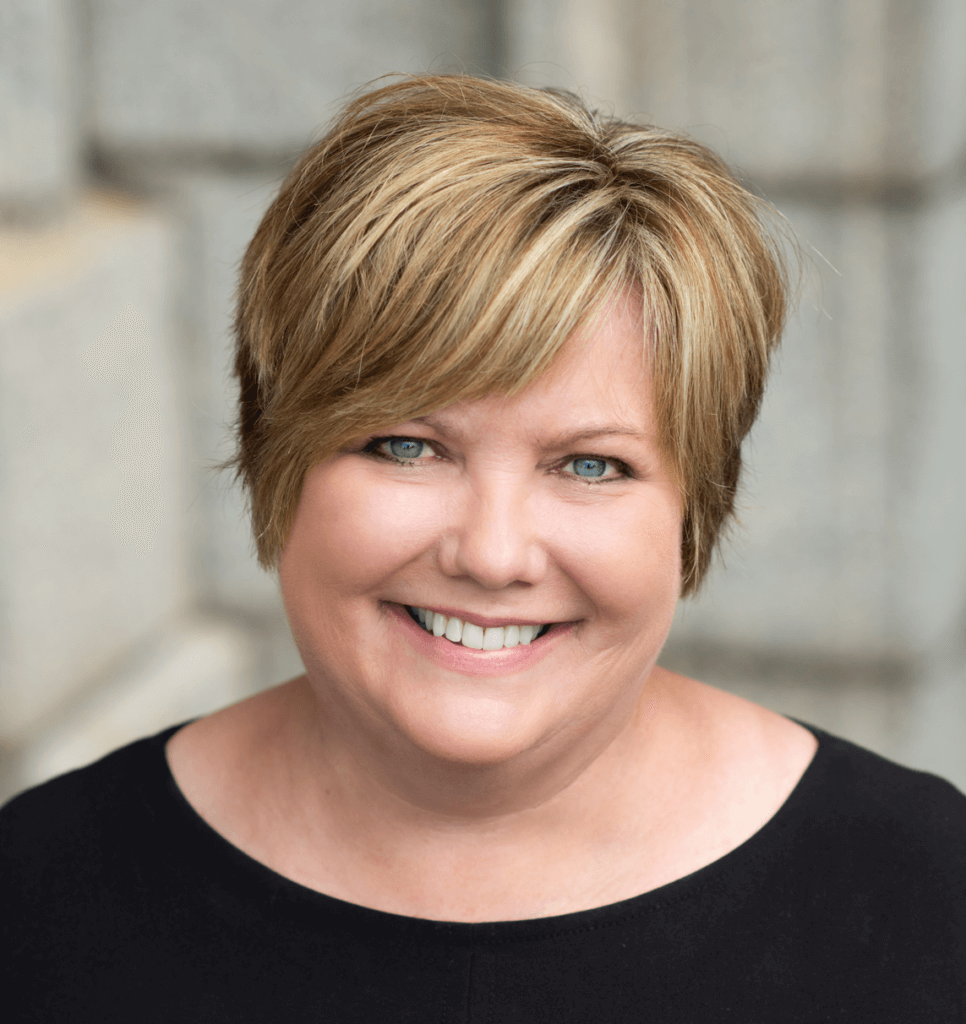
The coronavirus outbreak is teaching the public something educators have known for a long time. Our schools serve a role far beyond preparing students for standardized tests and adding data points to the state’s graduation rate, despite what the critics say.
Minnesota’s public schools provide a free or reduced-price lunch to nearly 320,000 children every day during the school year. That’s nearly four out of 10 students. Most of them get breakfast, too. Our schools served up to 13,000 homeless and highly-mobile students last year. That’s nearly the population of Worthington.
Our worksites are often the only place students can talk to a licensed counselor, psychologist, therapist or nurse—and they need it. Rates of depression and other long-term mental health issues were trending up again in the 2019 Minnesota Student Survey; nearly 25 percent of 11th graders reported seriously considering suicide.
Educators of color say that in addition to preparing and presenting great lessons, they’re often the only educator in their building who looks like their students of color. Those educators then become the adult students trust to fix the racist policies and behavior those students encounter inside and outside the building. It’s become yet another part of the job, albeit an exhausting one and a reason schools often fail to retain black, brown and indigenous educators.
As I write this, Gov. Tim Walz and Minnesota Department of Education Commissioner Mary Cathryn Ricker have directed all K-12 schools to close their doors to students until March 27 so educators can convert their lessons to distance learning. The MDE’s latest guidance to superintendents speaks to how much educators really do.
The document in front of me tells schools to prepare for eight weeks of “lessons delivered equitably for every student – those with IEPs and 504 Plans, those learning English as a new language, those who are experiencing homelessness, those who need mental health supports, all while determining and communicating with students and families how you are going to take attendance and distribute school meals daily.”
In that document, 10 of the 17 bullet points had little or nothing to do with the narrow, academics-only view of schools. It’s a recognition that educators are now on the frontlines of fighting hunger, homelessness, desperation and structural racism.
We’re asked to patch the holes in the social fabric of our state faster than the wealthy few and the politicians they pay for can tear it apart. With insufficient resources and unreasonable expectations, educators are trying to overcome racial disparities in housing, health care, criminal justice and an economy rigged for the largest corporations and wealthiest few. Our struggle is measured in “opportunity gaps.”
If there can be an unseen benefit to a pandemic, and I’m not sure there is, it would be this.
Even the critics see that no matter what we look like, where we live or how much money we have, the fear of getting sick reminds us that we’re all human. Through the lens of shared humanity, more people see that for too long we’ve let a powerful few divide us along lines of race, geography and religion to pad their pockets and refuse to pay their fair share for the institutions that benefit everyone.
Minnesotans will emerge from this crisis ready to come together across our differences and make policy choices that help everyday people. As individuals, we can wash our hands, hunker down at home and check in with our neighbors. As a united force, we can demand our elected representatives do everything possible to protect everyone’s health, fully fund the public schools and create an economy that works for everyone, no exceptions.
Together,
Denise
Twitter: @DeniseSpecht


